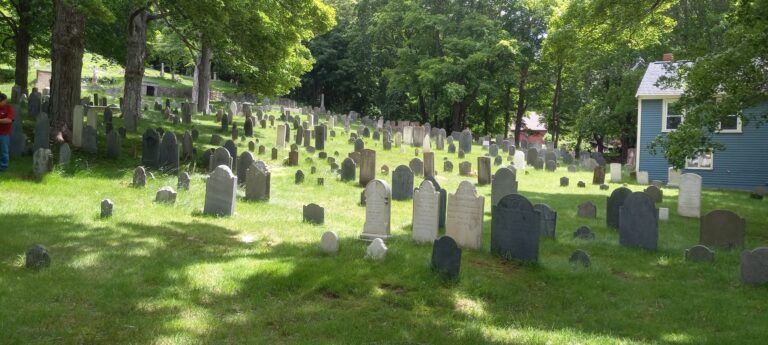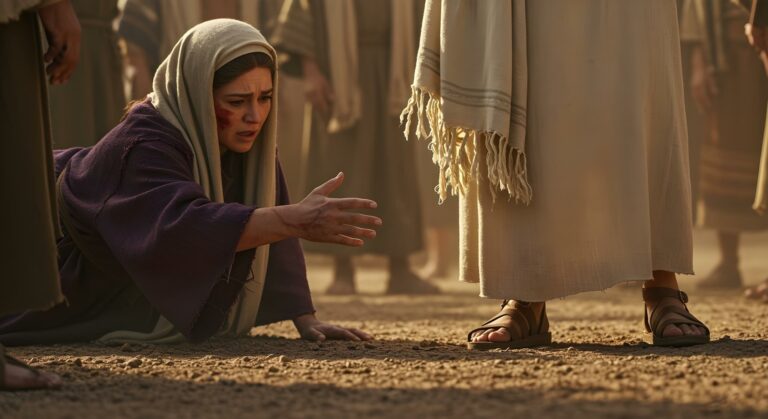Do you find history interesting? If you think history is all about memorizing dates, I doubt it. But, as many people have pointed out, maybe the best reason to study history is that it is so full of good stories. I studied ancient Greek in college, and if there’s one period of history that’s chock full of daring deeds and notable quotes, it’s the five-hundred-or-so years when the Greek city-states were in their prime. In particular, the people of Sparta were famous for the bravery and brutal military discipline that pervaded their entire culture. Yet they were also known for their great (if deeply sarcastic) sense of humor. In fact, the English word “laconic” (which describes an answer that is amusingly clever and brutally blunt at the same time) comes from Laconia, the region where Sparta is found.
Just one example of the Spartans’ clever brevity comes from the late classical period, when Philip II of Macedonia attempted to invade Sparta. Having already conquered many of the Spartans’ neighbors, Philip sent a messenger with terms of peace—and a warning: “If I invade Laconia you will be destroyed, never to rise again.” The Spartans responded with a single word: “If.”1 As a result, neither Philip (nor his famous son, Alexander the Great) ever tried to conquer the Spartans.
In Hebrews 3:1-6, the author wraps up his argument for Jesus Christ’s superiority to Moses by saying that we experience the blessings of belonging to his family (literally “house”) “if we hold on to our courage and the hope of which we boast” (3:6). In the next section of the letter (Hebrews 3:7-4:13), the author uses a great story from the history of God’s people to underline a very important point about faith and obedience.
So, as the Holy Spirit says: “Today, if you hear his voice, do not harden your hearts as you did in the rebellion, during the time of testing in the desert, where your fathers tested and tried me and for forty years saw what I did. That is why I was angry with that generation, and I said, ‘Their hearts are always going astray, and they have not known my ways.’ So I declared on oath in my anger, ‘They shall never enter my rest.'” See to it, brothers, that none of you has a sinful, unbelieving heart that turns away from the living God. But encourage one another daily, as long as it is called Today, so that none of you may be hardened by sin’s deceitfulness. We have come to share in Christ if we hold firmly till the end the confidence we had at first. As has just been said: “Today, if you hear his voice, do not harden your hearts as you did in the rebellion.” Who were they who heard and rebelled? Were they not all those Moses led out of Egypt? And with whom was he angry for forty years? Was it not with those who sinned, whose bodies fell in the desert? And to whom did God swear that they would never enter his rest if not to those who disobeyed? So we see that they were not able to enter, because of their unbelief.
Therefore, since the promise of entering his rest still stands, let us be careful that none of you be found to have fallen short of it. For we also have had the gospel preached to us, just as they did; but the message they heard was of no value to them, because those who heard did not combine it with faith. Now we who have believed enter that rest, just as God has said, “So I declared on oath in my anger, ‘They shall never enter my rest.'” And yet his work has been finished since the creation of the world. For somewhere he has spoken about the seventh day in these words: “And on the seventh day God rested from all his work.” And again in the passage above he says, “They shall never enter my rest.” It still remains that some will enter that rest, and those who formerly had the gospel preached to them did not go in, because of their disobedience. Therefore God again set a certain day, calling it Today, when a long time later he spoke through David, as was said before: “Today, if you hear his voice, do not harden your hearts.” For if Joshua had given them rest, God would not have spoken later about another day. There remains, then, a Sabbath-rest for the people of God; for anyone who enters God’s rest also rests from his own work, just as God did from his.
Let us, therefore, make every effort to enter that rest, so that no one will fall by following their example of disobedience. For the word of God is living and active. Sharper than any double-edged sword, it penetrates even to dividing soul and spirit, joints and marrow; it judges the thoughts and attitudes of the heart. Nothing in all creation is hidden from God’s sight. Everything is uncovered and laid bare before the eyes of him to whom we must give account.
In order for this passage to hit you like it should, it’s important to have a basic grasp of Israel’s timeline. In the period following their exodus from Egypt, the nation of Israel (led by Moses) wandered for forty years through the wilderness before ultimately arriving in Palestine. They were led into the Promised Land by Joshua, and after approximately four hundred years of chaos and disorder in the land, Israel began its all too brief golden age under David, who reflected on the wilderness period in Psalm 95 (quoted throughout this passage). After him, it would be another thousand years before Jesus’ earthly ministry. It looks something like this:
Moses —> Joshua —> David —> Jesus Christ [note: not to scale!]
The author poses this question: Who, out of all God’s people in history, have actually followed through with their commitment to follow God and experienced his promised rest? Looking at the wilderness period, the statistics are shocking: of the generation who left Egypt—a generation comprised of perhaps a million people or more—only two were allowed to experience a taste of God’s rest by entering the Promised Land. And, the author points out, the “rest” experienced by those who continued to inhabit the land was fleeting and incomplete, to put it mildly!
What was the difference between those who rested (even if only superficially) and those who died before achieving it? Throughout this passage, the author divides those who followed God in this way: those who believed, and those who disobeyed. In the words of Martin Luther, the “sin behind the sin” of disobedience was unbelief. People either took God at his word (and acted accordingly) or they didn’t (and acted accordingly). The former group got rest; the latter died in their disobedience, experiencing the various consequences of sin before dying restless.
What’s the lesson for his audience (and for us)? First, be warned that sin is blinding. The people who died in the wilderness considered themselves to be faithful believers—even when their idolatry, blasphemy, and raw disobedience blatantly contradicted their words. Sin blinds us all. The question isn’t “Am I self-deluded?” but “What am I doing about my self-delusion?” Do you really believe that you’re that blind to yourself and your true obedience?
Secondly, the only remedy to the blinding effects of sin is to surround yourself with other believers who can see your heart better than you can. Someone who claims to follow God but refuses to commit to a local group of believers isn’t just missing out; they’re out to sea without a compass or a sail, completely open to any number of dangers. Do you have a diverse group of Christians—that is, a local church—where you let others see the real you? Is there anyone in your life who knows you and God well enough to encourage (or “exhort,” 3:13) you where you really are?
If not, the threat is real. The full and final rest of God isn’t in a safe suburb in Palestine; it’s in the new heavens and earth, which we still await with patience. Are you going to make it to the finish line of life and experience that rest? You won’t if you don’t take Jesus at his word to save weak and weary sinners like us and live out of that faith. And you won’t if you don’t have a meaningful, practically challenging relationship with a local church.
Your sin may blind you, but it cannot throw off the all-seeing, all-knowing, searching Scriptures of God. Whatever lies we tell and walls we build up, God won’t judge us according to our own consciences but according to what he tells us in his word. Will you endure the hardships of the Christian life and receive the reward of living forever before God and his glory? You will if your faith is such that you take God at his word and repent of your sins. If.
- Plutarch, “De garrulitate, 17.” ↵



